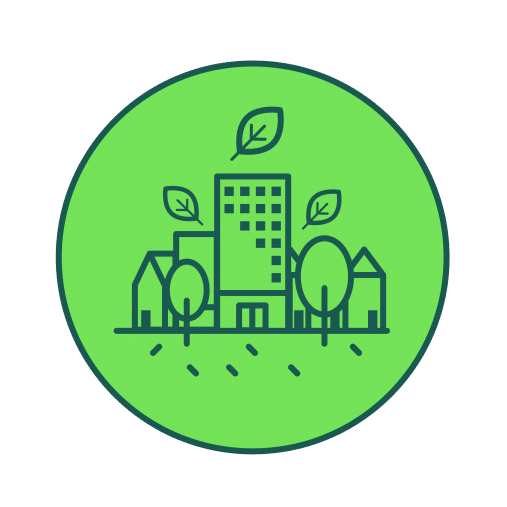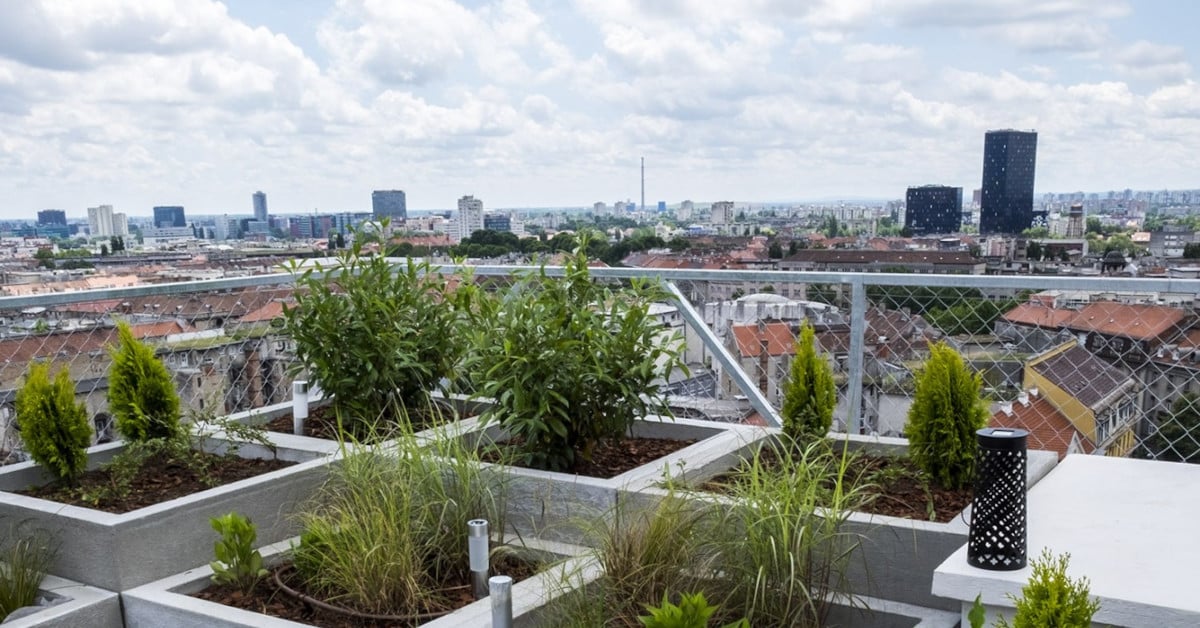T O Ministério Nacional Croata introduziu várias chamadas e iniciativas para apoiar cidades e municípios na adoção de soluções baseadas na natureza e mitigando os efeitos das mudanças climáticas. Esse tipo de medidas deve ser incorporado mais na atualização do NECP em andamento. Sustentabilidade. Esses fundos foram alocados através do Plano Nacional de Recuperação e Resiliência, representando um passo crucial para promover a infraestrutura verde e o gerenciamento circular de espaço e edifícios em áreas urbanas. O objetivo principal é estabelecer uma base sustentável, concentrando-se na expansão da infraestrutura verde, integração de soluções baseadas na natureza, adoção de práticas de gerenciamento circular e melhoramento da resiliência às mudanças climáticas, tudo em apoio a que o MEASTIONS REATTATION DO MEASAS DESTURATIVAS DESTINATIVAS DO MEASAS DESTRATIVOS DE INCERIAÇÃO DO FINIMENTO DO FINIMENTO EM RESPOSTO ENCOMETIDO A REPORTENDO. 11 milhões de euros. Uma plataforma on -line chamada "Map My Tree" foi introduzida para os usuários desses fundos rastrear e documentar cada árvore plantada como parte dessa iniciativa. Devido ao interesse significativo das autoridades locais, uma nova chamada pública está programada para ser lançada em 2023. Além disso, o mesmo fundo também emitiu um pedido público para as autoridades locais cofinanciarem o desenvolvimento de Secaps (Planos de Ação Sustentável de Energia e Ação Climática) e planos de mitigar e se adaptar à mudança de clima enquanto protege a camada de ozônio. Essa chamada atraiu muita atenção, levando ao financiamento de 50 aplicações. Essas iniciativas obtiveram interesse substancial e testemunharam fundos sendo alocados em um ritmo sem precedentes. Os objetivos específicos dessas chamadas incluíram a redução de resíduos plásticos através do estabelecimento de "zonas sem plástico", eliminando os resíduos descartados em ambientes naturais, removendo veículos de fim de vida das ilhas e financiando a aquisição de novos equipamentos comunais. NewsLetter
– The Croatian national ministry supports cities in embracing nature-based solutions and combating climate change impacts.
– Funding was provided for climate change adaptation measures, with 46 projects receiving 11 million EUR.
– Published calls target waste management, plastic reduction, and procurement of communal equipment to promote sustainability.

In 2022, the national Ministry launched a call for cities to secure funding for the development of eco-friendly urban renovation strategies. These funds were allocated through the national recovery and resilience plan, representing a pivotal step towards promoting green infrastructure and circular management of space and buildings in urban areas. The primary objective is to establish a sustainable foundation by focusing on the expansion of green infrastructure, integration of nature-based solutions, adoption of circular management practices, and enhancing resilience to climate change, all in support of overall sustainable development.
Concurrently, the Fund for Energy Efficiency and EU programmes issued a call in 2022 to finance climate change adaptation measures, resulting in 46 projects receiving a total of 11 million EUR. An online platform named “Map my tree” was introduced for users of these funds to track and document each tree planted as part of this initiative. Due to the significant interest from local authorities, a new public call is scheduled to be launched in 2023. Moreover, the same fund also issued a public call for local authorities to co-finance the development of SECAPs (Sustainable Energy and Climate Action Plans) and plans to mitigate and adapt to climate change while protecting the ozone layer. This call attracted great attention, leading to the funding of 50 applications.
Additionally, several published calls were dedicated to waste management and the separate collection of municipal waste, targeting local authorities. These initiatives garnered substantial interest and witnessed funds being allocated at an unprecedented pace. The specific objectives of these calls included reducing plastic waste through the establishment of “Plastic free zones,” eliminating waste disposed of in natural environments, removing end-of-life vehicles from islands, and financing the procurement of new communal equipment.

